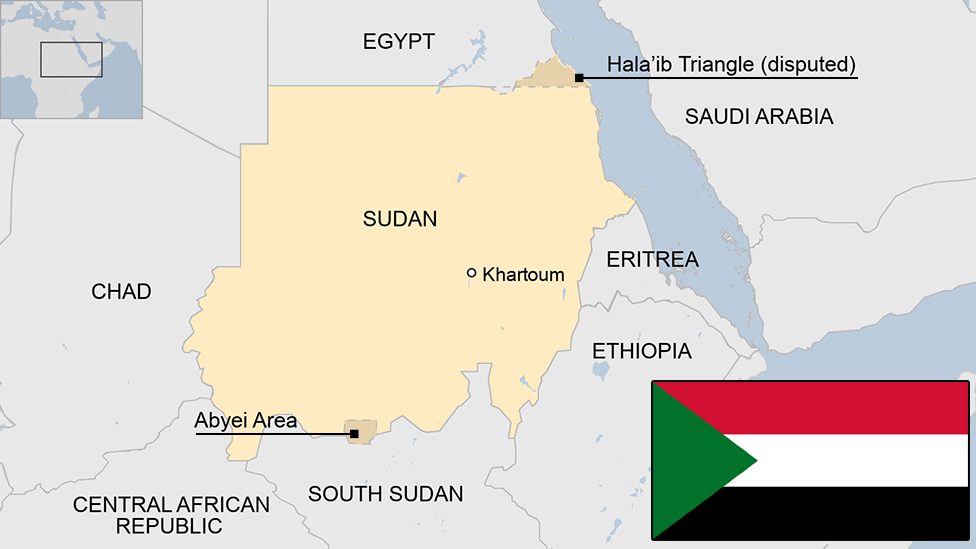Ethiopia country profile
- Published
This page is no longer being updated. It was last updated on 2 January 2024

Ethiopia is Africa's oldest independent country and its second largest in terms of population. Apart from a five-year occupation by Mussolini's Italy, it has never been colonised.
It has a unique cultural heritage, being the home of the Ethiopian Orthodox Church - one of the oldest Christian denominations - and a monarchy that ended only in the coup of 1974.
It served as a symbol of African independence throughout the continent's colonial period, and was a founder member of the United Nations and the African base for many international organisations.
Drought and civil conflict left Ethiopia in a state of turmoil under a Marxist dictatorship from the fall of the monarchy until 1991, when the long authoritarian rule of Meles Zenawi brought a degree of stability.
Prime Minister Abiy Ahmed launched a campaign of political liberalisation at home, and sought to end disputes with Ethiopia's neighbours, in particular Eritrea, after 2018.
But these efforts were overshadowed by a dispute with the leaders of Tigray region that began in 2020 and swiftly escalated into armed conflict.
See more country profiles, external - Profiles by BBC Monitoring, external
FEDERAL DEMOCRATIC REPUBLIC OF ETHIOPIA: FACTS
Capital: Addis Ababa
Area: 1,104,300 sq km
Population: 113.6 million
Languages: Afar, Amharic, Oromo, Somali, Tigrinya
Life expectancy: 65 years (men) 68 years (women)
LEADERS
President: Sahle-Work Zewde
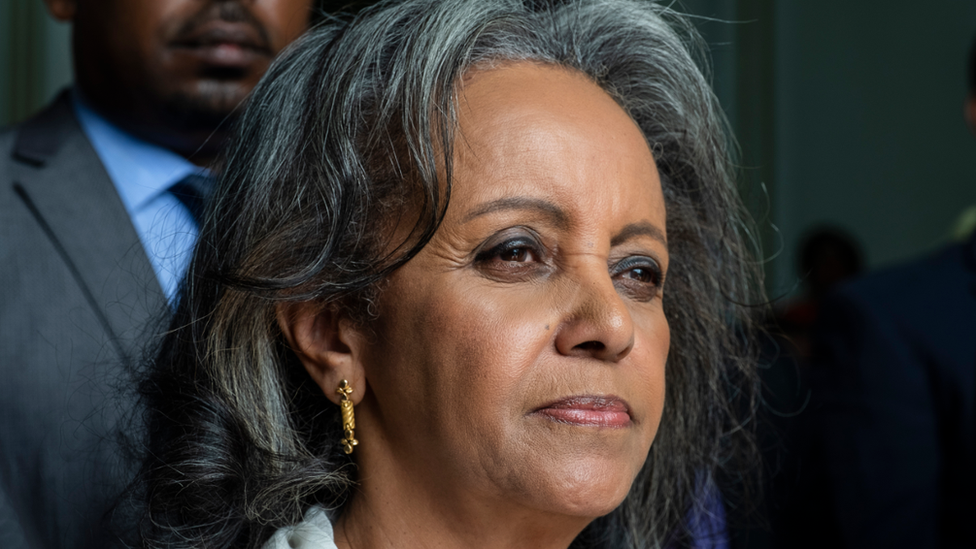
Ms Sahle-Work is the first female head of state since Empress Zawditu (1928-1930)
Parliament elected Sahle-Work Zewde as the Ethiopia's first woman president in October 2018.
Ms Sahle-Work, an experienced diplomat, promised to work to make gender equality a reality at her swearing-in to the largely ceremonial post.
She took office a week after Prime Minister Abiy Ahmed appointed a cabinet with half the posts taken by women.
Prime minister: Abiy Ahmed
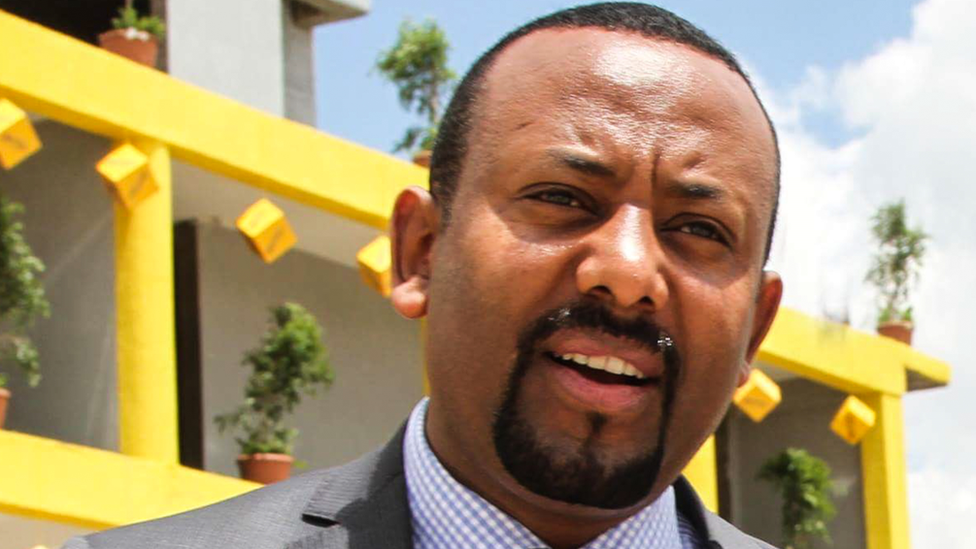
Abiy Ahmed was chosen to lead the ruling Ethiopian People Revolutionary Democratic Front coalition after the unexpected resignation of Prime Minister Hailemariam Desalegn in 2018.
He pledged to try to end longstanding tensions with neighbouring Eritrea, and within months the two countries declared that the state of war between them was over.
Mr Abiy also pledged to bring more transparency to government and reconciliation to a country that had been torn by protests since 2015.
But tensions with Tigray region in 2020 led the federal government to send in troops after an unsanctioned regional election, triggering armed conflict.
MEDIA
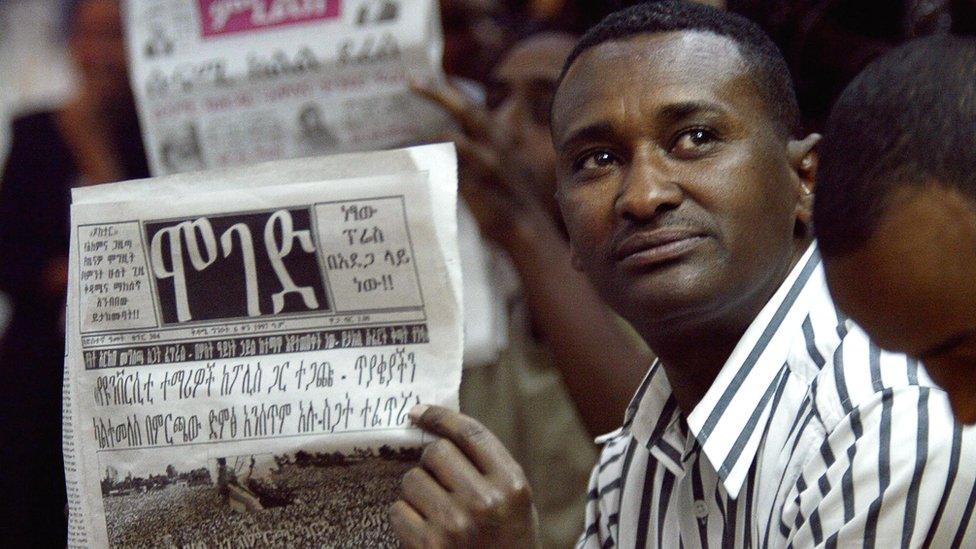
The change of government in 2018 ushered in a new era for the media, which for many years had operated in one of the region's most restrictive environments.
But Reporters Without Borders says there have been no significant improvements to harsh media laws.
The state controls most broadcasting outlets, including national broadcasters ETV and Radio Ethiopia.
Internet and mobile services have been restricted during periods of social unrest.
TIMELINE

The rock-hewn churches of Lalibela are thought to have been built in the 11th and 12th Centuries
Some key dates in Ethiopia's history:
4 million-200,000 years ago - Ethiopia is one of the most important sites for hominids (4-3 million years ago) and anatomically modern humans c. 200,000 years ago.
1st Century-960AD - Kingdom of Aksum. Based primarily in what is now northern Ethiopia, spanning Eritrea, Djibouti, eastern Sudan and extending at its height into much of southern Arabia.
c. 350 - Kingdom of Aksum adopts Christianity as the state religion.
1270 - Yekuno Amlak, who claims descent from the last Aksumite king and ultimately the Biblical Menelik I and the Queen of Sheba, founds the Ethiopian Empire, which lasts until 1974.
1855-1868 - Reign of Emperor Tewodros II, who lays the foundation for the modern Ethiopian state.
1896 - Invading Italian forces are defeated by Ethiopians at Adwa.
1935-1941 - Italy deposes Emperor Haile Selassie and annexes Ethiopia, before being driven out by British, Commonwealth and Ethiopian forces.
1962 - Haile Selassie annexes Eritrea, which becomes an Ethiopian province.
1974 - Haile Selassie overthrown in military coup after government fails to deal with famine.
1977-79 - Thousands are killed in "Red Terror" orchestrated by Marxist dictator Mengistu Haile Mariam.
1984-85 - Another serious famine devastates much of the country.
1991 - Ethiopian People's Revolutionary Democratic Front deposes Mengistu. Meles Zenawi establishes stability and achieves considerable economic progress in his 19-year authoritarian rule.
1993 - Eritrea becomes independent.
1999-2000 - Ethiopian-Eritrean border war.
2020 - Tension with Tigray region leads to conflict. Eritrean troops intervene in the war with Tigrayan rebels on the side of Ethiopia's central government.
2022 - Ethiopian and Tigrayan rebels sign a peace deal.
2024 - Ethiopia and Somaliland sign a memorandum of understanding for landlocked Ethiopia to use one of Somaliland's ports. Somalia describes the agreement as an act of "aggression".

Crowds bathe to celebrate Timkat - the Ethiopian Orthodox Epiphany - in the ancient capital Gondar
Related topics
- Published18 April 2023
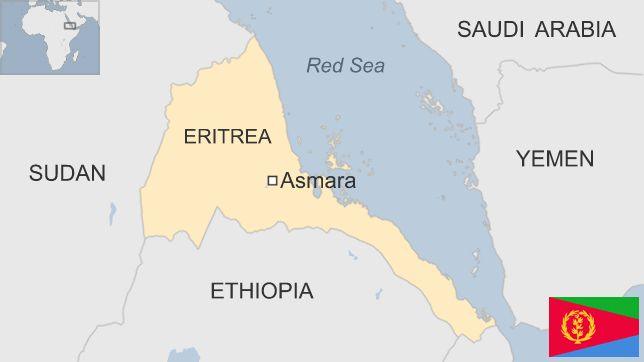
- Published18 April 2023
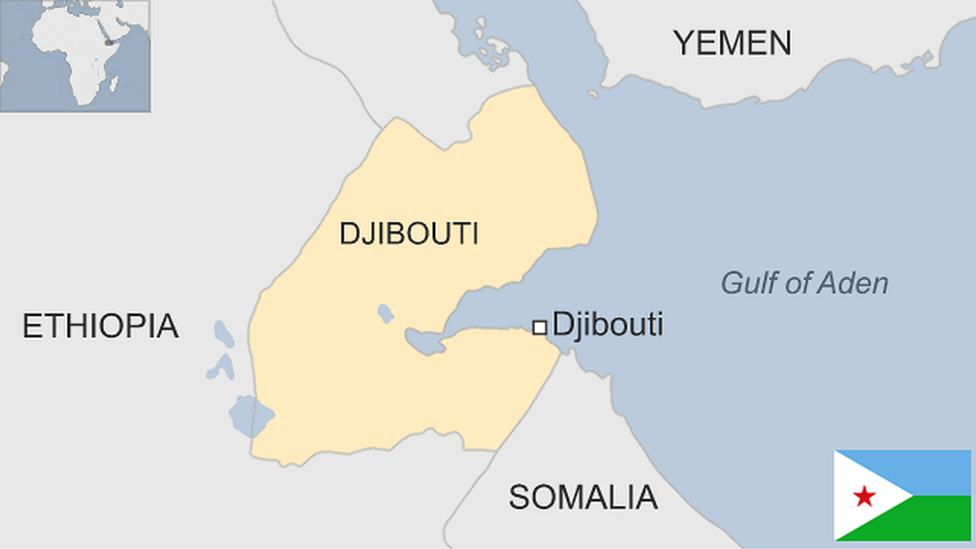
- Published2 January 2024
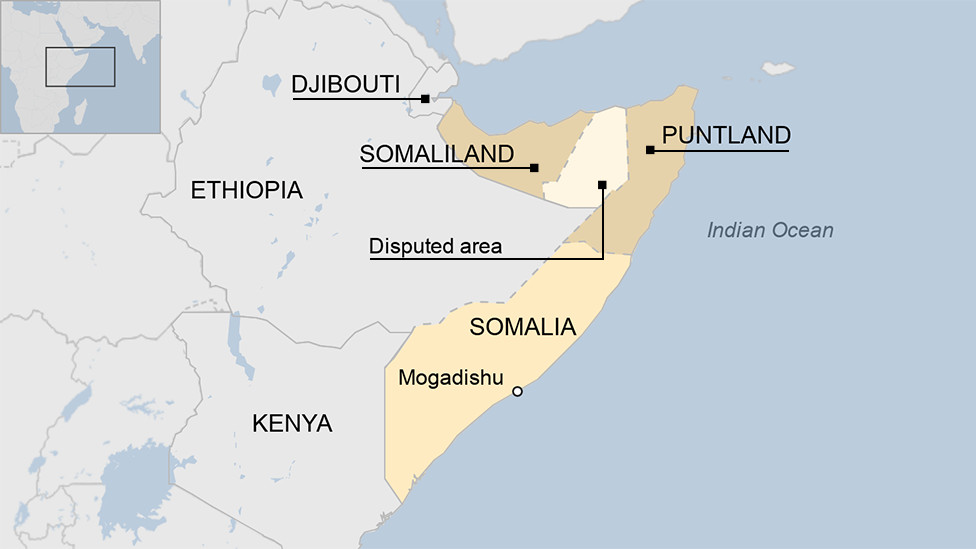
- Published2 January 2024
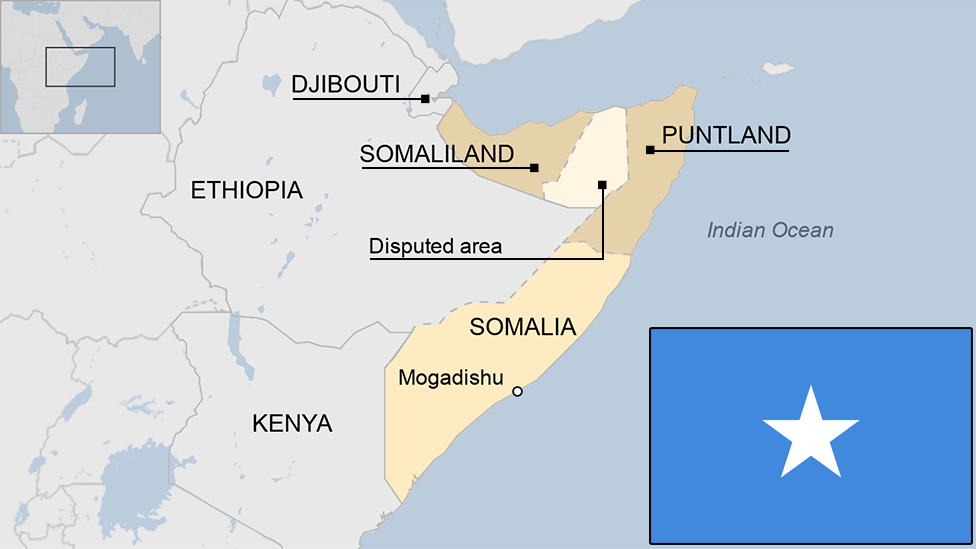
- Published4 July 2023
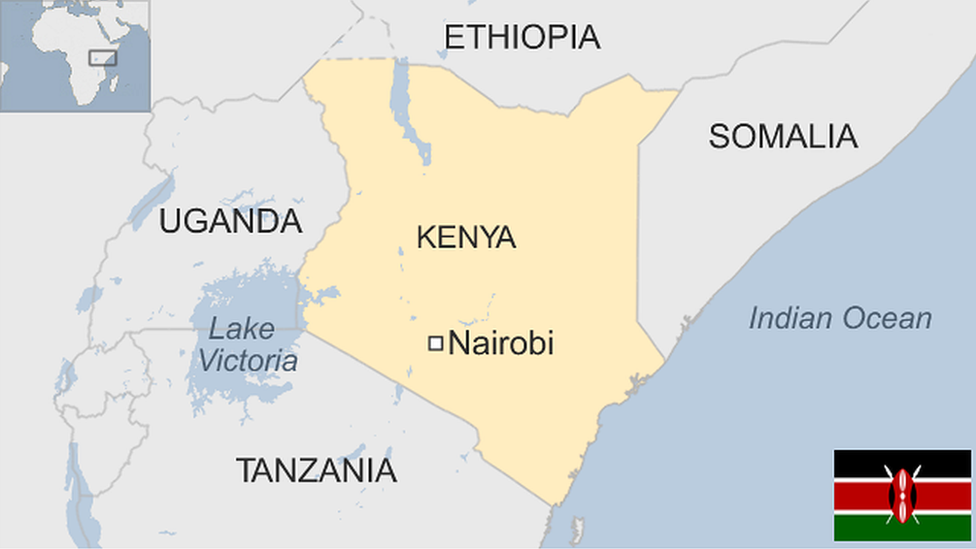
- Published18 April 2023
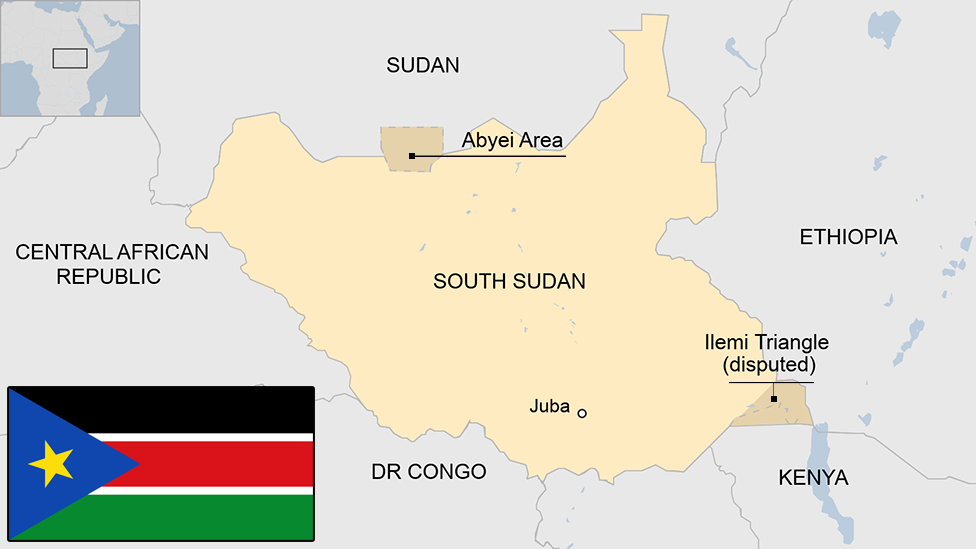
- Published13 September 2023
